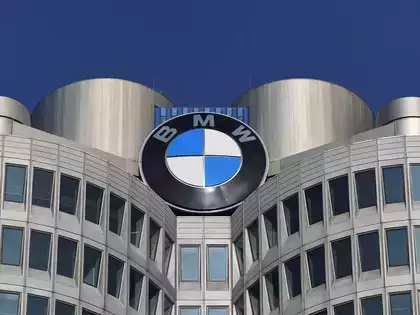
"Bearing in mind the facts and circumstances of this case, we are of the considered view that the manufacturer, BMW India Private Limited, should be directed to pay a consolidated amount of INR 50 lakhs in full and final settlement of all claims in dispute. The manufacturer shall pay this amount to the complainant on or before August 10, 2024 by electronic transfer of funds," the bench said in its July 10 order.
The court stated that once the manufacturer pays the compensation to the complainant, the High Court's order to replace the old vehicle with a new one would be set aside.
"The claims of the complainant shall stand duly satisfied on the payment of compensation quantified at INR 50 lakhs in terms of the above order," the bench said.
The bench took into consideration that BMW had offered to replace the old vehicle with a new one in June-July 2012, following the High Court’s order. The complainant, however, rejected this offer.
"Had the complainant used the vehicle, it would have depreciated in value until date," the bench noted.
The bench noted that the old vehicle had been returned to the former dealer by the complainant.
The court remarked, "Bearing in mind the nature of the dispute, which was confined only to a defective vehicle, we are of the view that allowing the prosecution to continue, at this stage, nearly fifteen years after the dispute arose, would not subserve the ends of justice. Instead, by exercising the jurisdiction of this Court under Article 142 of the Constitution, substantial justice can be done by directing the payment of compensation to the complainant, while sustaining the order quashing the complaint."
The bench criticized the High Court’s order from March 22, 2012, stating that the High Court had concluded that elements of the offense of cheating were not established based on the FIR's contents.
"Having come to this conclusion, there was no justification for the high court thereafter to direct the manufacturer to replace a brand new BMW 7 Series vehicle. The high court had been moved by the manufacturer for quashing the complaint under Section 482 of the Code of Criminal Procedure 1973. The high court was required to address whether a case for quashing was made out," it said.
The top court noted that the High Court's decision was challenged by the Andhra Pradesh government and the complainant GVR India Projects Limited, not by the car manufacturers.
The bench observed that the manufacturers had communicated with the complainant, asking for the old vehicle to be returned so they could follow the High Court’s order.
It was noted that manufacturers were always ready and willing to comply with the High Court's order and had communicated their willingness to the complainant on several occasions.
The court acknowledged that by a letter dated July 25, 2012, the complainant informed the manufacturer, through his advocate, that he was more interested in receiving an amount equivalent to the car's value, along with interest, rather than obtaining a new BMW car.
The complainant purchased the BMW 7 series vehicle on September 25, 2009. The complainant soon noticed a serious defect on September 29, 2009, leading to the car being taken to the workshop.
"The car is alleged to have faced a similar problem on November 13, 2009. On November 16, 2009, a complaint was lodged for alleged offenses under Sections 418 and 420 of the Indian Penal Code 1860 which led to the registration of the FIR. The manufacturer, Managing Director and other directors were named as the accused," the bench noted.
The Supreme Court's ruling aims to provide resolution to a prolonged dispute, ensuring that the manufacturer compensates the complainant adequately while setting aside the High Court's previous orders. The adherence to Article 142 of the Constitution allowed the Supreme Court to exercise its jurisdiction to deliver substantial justice in this 15-year-old case. Both parties are expected to follow the orders provided, concluding the longstanding legal tussle.
(Source- PTI)
Disclaimer: The copyright of this article belongs to the original author. Reposting this article is solely for the purpose of information dissemination and does not constitute any investment advice. If there is any infringement, please contact us immediately. We will make corrections or deletions as necessary. Thank you.





